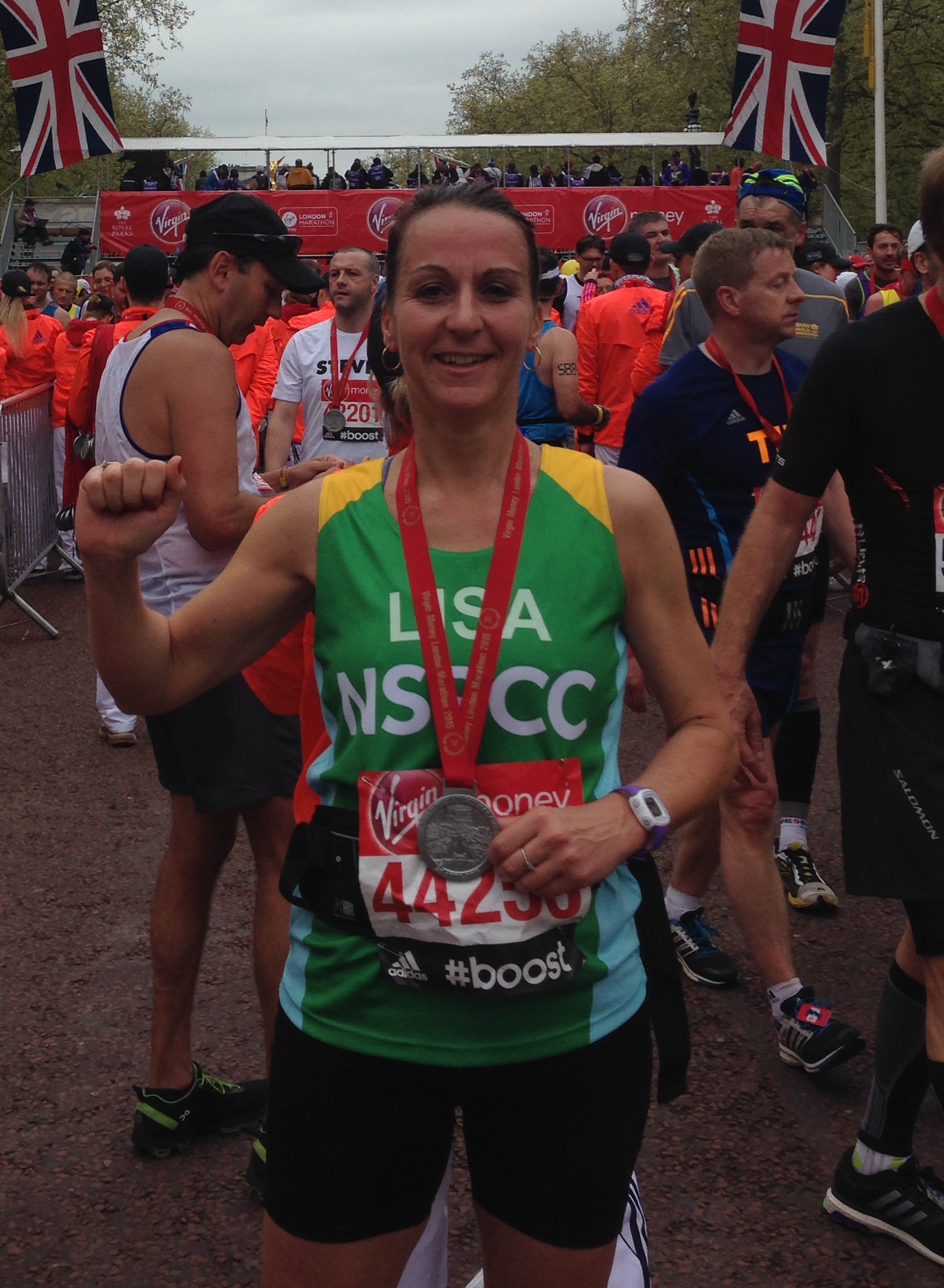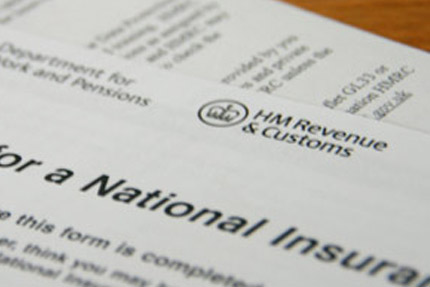HMRC Target online sellers
| Thousands of online sellers will need to get their tax affairs in order as HMRC wields its expanded powers to get user information from online marketplaces like Amazon, Gumtree, Ebay and Etsy. The Revenue has sent 14,000 letters to traders suspected of running a business and failing to declare this on their tax returns. Of these, 1,000 letters are being sent to people where the taxman has already identified a shortfall on their self-assessment forms.The new crackdown was launched on the back of extensive new powers introduced last year enabling HMRC to download people’s account information. It was reported in theTelegraph that eBay, Etsy, Amazon and Gumtree are being forced to hand over customer account details, including their selling activity, as part of the taxman’s legal powers that were extended last year.
The HMRC also avoided stating exactly what the threshold is where an online seller becomes an online trader. Instead, the Revenue uses the badges of trade as their guiding principle.. The criteria used to assess if an activity is a hobby or a business are:
Some of the 14,000 targeted thus far had made as little as £100 profit online. “Anyone just selling the occasional item has nothing to worry about. This is about making sure on-line traders pay the right tax – wealthy or otherwise. We will make contact with those that we are aware might need our help to get it right,” said a HMRC spokesperson. The spokesperson went on to confirm that those continuing to avoid the Revenue’s overtures, could face penalties and that the taxman “will determine the amount of tax due based on the information we have available”. HMRC have some great examples to help you decide, for example: Gail is a full-time employee working for a stationery company. She pays her PAYE tax on this employment every month. In her free time Gail makes cushions and uses most of them in her home. Occasionally she sells them to friends and work colleagues for an amount that just covers the cost of materials of £15. Sometimes she makes a loss. Any money she does make goes towards her holiday fund. She decides to make extra cash by selling cushions on an Internet auction site and starts auctioning three or four to see how they go. They all sell for more than £50, a profit of at least £35 each. She uses this money to buy more materials and within a month she is selling around ten cushions a week, always at a profit, and is considering setting up her own website.
If you don’t register, HMRC will be looking for you and if you have an online business it won’t be hard for them to find you. If you need any help with registering as Self Employed just drop me an email or book a free call with me at www.liricaccountants.com |



